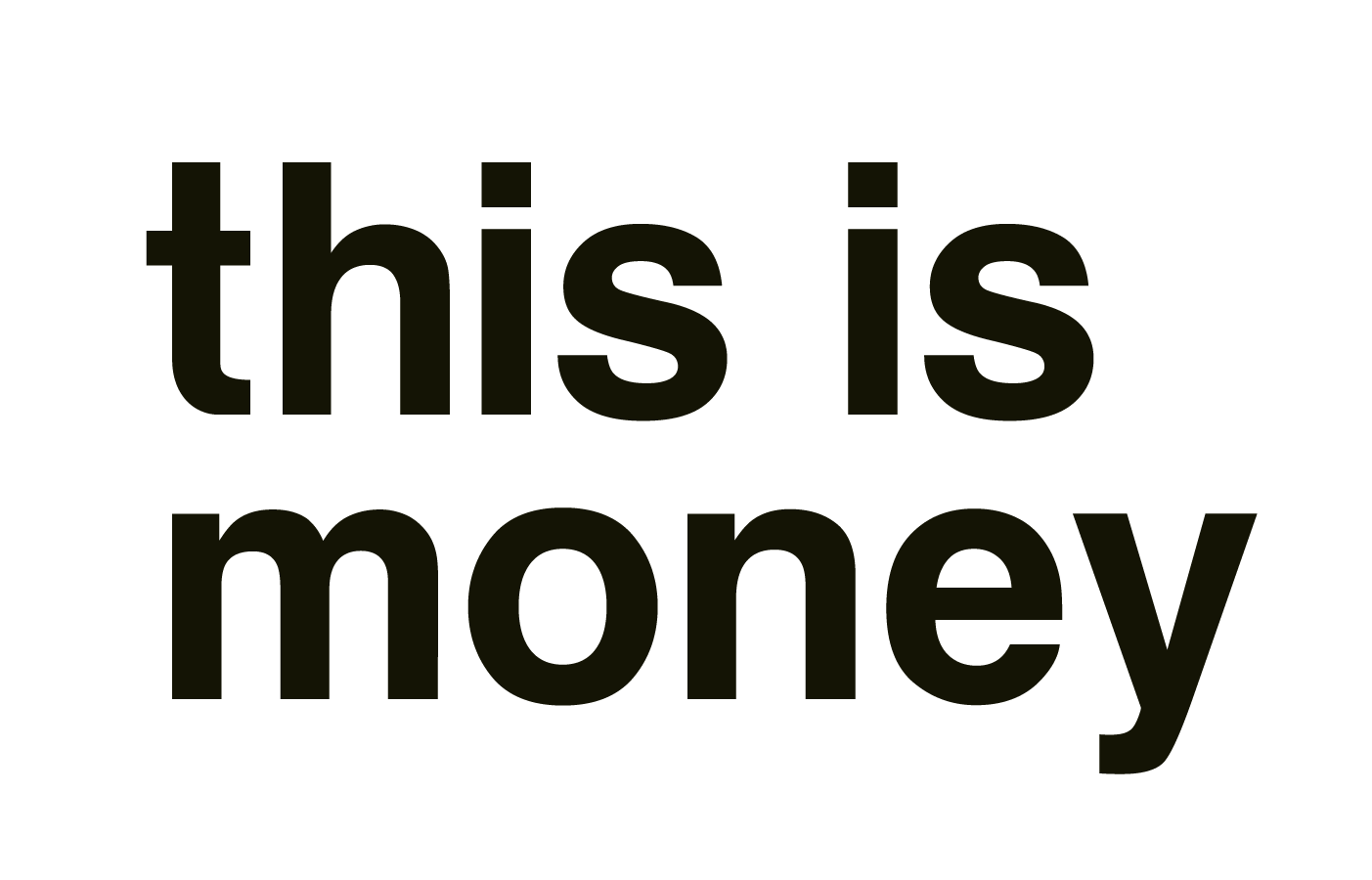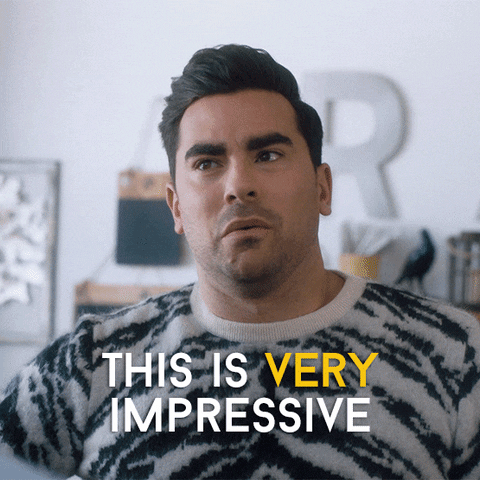5 tips to killing your next online job interview
Job interviews can be daunting enough without the added nuance of doing them over a video call, so how do we prepare?
Anne-Marie is a psychologist working in the online recruitment and selection space and she joined Glen to share some practical tips to help us get online interview-ready - check out the episode:
1. Get your set up right
a. Background - a simple plain background is best, use those virtual backgrounds to your advantage and make your space look even more professional.
b. Lighting - daylight from a nearby window is best, but you can also pick up cheap ring lights from Kmart from $5-10 which also do the trick.
c. Internet Connection - Check your internet connection. Make sure no one is using all the bandwidth to watch Netflix.
d. Smile! – Ensure you are looking directly at the camera (as if it was the person interviewing you) and remember to smile!
e. Bonus: Ditch the swivel chair! - many people fidget when they are nervous and it becomes very obvious if you’re swinging back and forth on your swivel chair.
2. Dress to impress
Dress as if you are already employed in the company. Think about their culture and what they might wear and adjust your outfit accordingly. If it’s a corporate role for instance, you might want to dress in a suit/pantsuit. If you’re going for a more creative role, you might want to throw on a more colourful shirt.
a. Bonus: avoid wearing full black/white clothes in an interview (for most roles). It can be good to add a little bit of colour, (e.g. a colourful tie or a more boldly coloured blouse) as this can help you stand out to recruiters and help them remember you more distinctly
3. Pay attention to your speech patterns
Be mindful of up speak i.e. ending the sentence in a higher octave than what you started with. This is something that is particularly pertinent to Australians and (in particular) Aussie females. Up speak can make it sound like you’re not confident that what you’re saying is correct and can damage your credibility. This is because up speak is usually associated with asking a question. To avoid this, practice consciously ending your sentences in a lower octave.
Bonus: be mindful of ‘fillers’ (e.g. ‘ah’ ‘um’, ‘you know’, ‘I guess’ etc.). Silence is always preferable and is an easy way to make you seem more put together.
4. The right prep for the right questions
Keep an updated interview response bank. Have a list of interview questions that you might be asked and prepare answers for them (keep them succinct at about 3-5mins each). Critically, make sure you cover all the different types of interview questions:
a. General Questions - describe general qualities you may possess e.g. “Tell us about yourself.” “What are your hobbies/interests?”, “Describe your overall work experience.”
i. Answer these succinctly and adapt them for the particular organisation you are applying for e.g. if you are applying for a creative based role talk about your creative hobbies, if you are applying for a role in a highly competitive environment, talk about the competitions you’ve been involved in.
b. Behavioural-based questions - questions that ask you to provide an example of your past experience and the outcome of that specific situation e.g. “Describe a time when...”, “Think of a time when…,” “Tell us about a time when…”
Answer these using the STAR method:
1. Situation - Set the scene
2. Task - What did you need to do? What was the challenge you faced?
3. Achieve - How did you achieve the task?
4. Result - What was the outcome? OR (if it didn’t end well) what did you learn from it and what would you do differently next time?
c. Situational-based questions - questions that ask what you would do in a hypothetical example. E.g. “Imagine you are X… and you need to do… Y. How would you do that?”
i. It might be helpful to brush up on that field’s specific skills e.g. if you are applying for a customer service role they might ask you to imagine a situation where you would have to deal with a particularly unruly customer and describe what you would do to deal with that effectively.
d. Bonus: Ensure you also practice speaking these answers aloud and keep them to 3-5minutes in length. You want them to be well rehearsed so you can reproduce these answers without reading them out (like a robot).
5. Make a good first final impression
Most people understand the importance of a good first impression, but often overlook the importance of a good final impression. This is a missed opportunity as our final impressions can be just as important (or even more important) than our first impressions. This is because humans have memory biases called the primacy and recency bias. These two biases describe how we remember the first and last things that happen to us in a situation better than the parts in between. So in an interview setting, we want to make sure that we leave a good first and final impression, because they will both have a heavy weighting on the interviewers’ overall impression of you. This can have a very real effect on their judgements when they are reviewing which applicants they wish to hire later.
a. Bonus Tip: A great way to end an interview is to summarise why the employer should hire you! To do this you can practice an elevator pitch that integrates your relevant knowledge, interests, and experiences with the key criteria that the role requires.
Keen to build a career you love?
Check out Shell Johnson and Glen James’s book, Sort Your Career Out & Make More Money! It's all about building a career you love, and making more money along the way.






